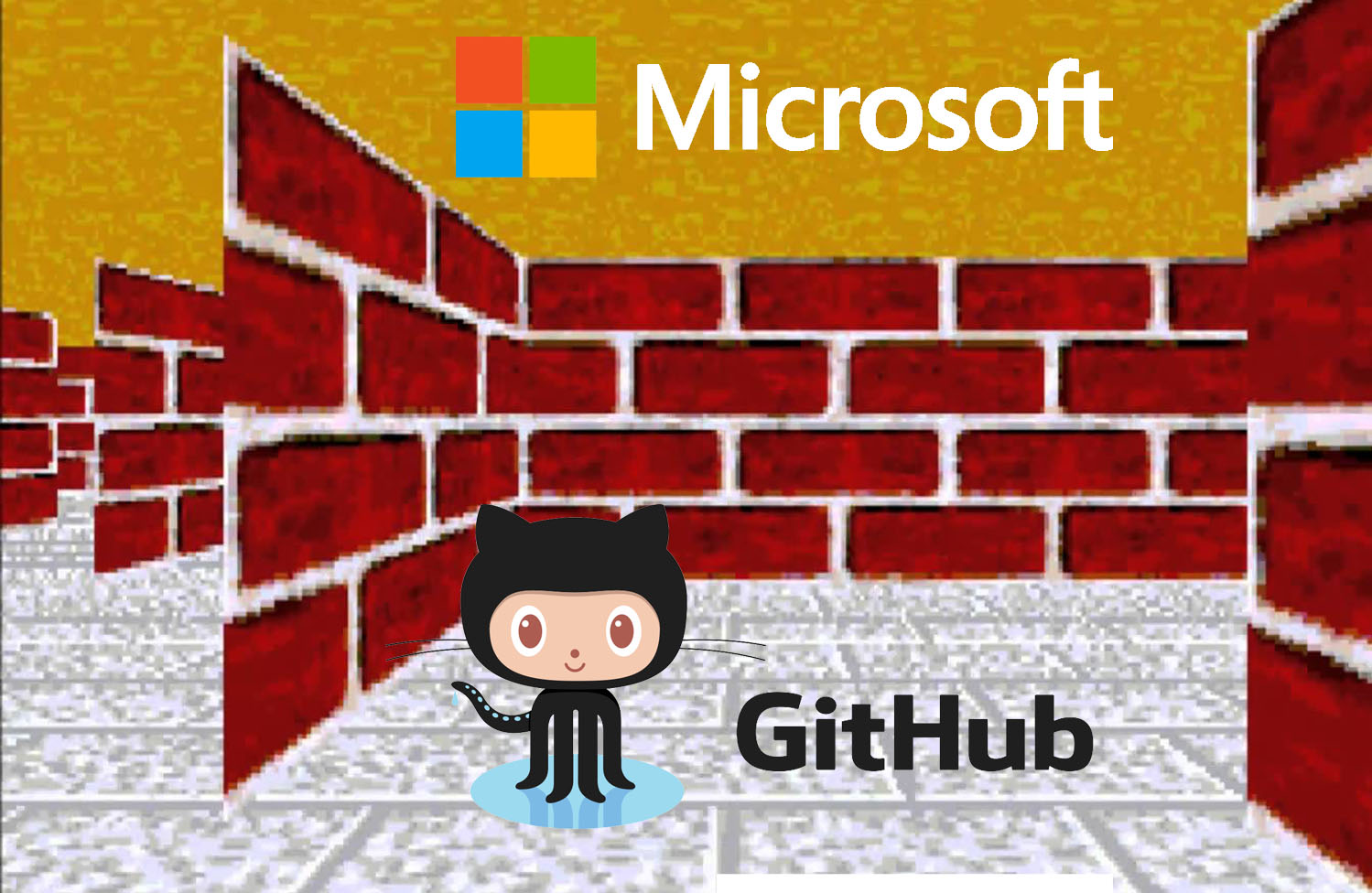Back in June, when beaches were crowded and wearing a tank top in a Target store was not only socially acceptable but expected, Microsoft (MSFT) announced its plans to snag GitHub, the SF-based developer platform, saying that it would offer $7.5 billion in stock just to make it happen. Microsoft (MSFT) also made it clear from the get-go that GitHub would “retain its developer-first ethos” and “operate independently to provide an open platform for all developers in all industries.”
Fast forward to Friday, a week after receiving EU approval for the deal, Microsoft (MSFT) officially acquired GitHub in exchange for the aforementioned $7.5 billion in stock options. I’m concerned with your understanding of what GitHub does and why the company was so desirable for Microsoft, so if I may, let me learn you real quick, young padawan.
GitHub is a Git-based collaborative platform built for developers around the world to share code, discover innovative approaches to solving issues and, ultimately, develop better software for consumers.
Now, you may be asking yourself, what is a Git? Excellent question, friend.
The “Git” in Github is the name of any version control system. When a developer creates an app or website, they constantly edit the source code of that product. Think of it like an essay you’d write for a class assignment. In order to create the best possible essay to submit, you’ll need to attempt multiple drafts of your paper.
In the case of developer editing and revising their code, a version control system keeps these revisions and stores them in an easily accessible location for developers to share with collaborators and produce the best possible work. Git is an open-source version control system, invented by Linus Trovalds, the brains behind the open-source operating system, Linux.
Microsoft (MSFT) Wants Some True Git
Switching gears back to why Microsoft (MSFT) had such an interest in GitHub, the reasoning is simple: access to a 31 million and growing collaborative developer community. Microsoft has, in recent years, shown an inkling to assist developers in their projects, rather than coerce them into joining the Microsoft team as has historically been the company’s practice. Many experts in the open source development community are optimistic for the possibilities Microsoft can offer for GitHub.
“Microsoft could be a great steward for GitHub. The fascinating thing about the Microsoft turnaround is that it is largely cultural and not anchored in a particular product/brand strategy. There are lots to like about the new culture but one key is they are definitely open source allies.”
–Brian Leroux, co-founder Begin
There was a time during which Microsoft (MSFT) despised the very idea of an open-source software. A framework intentionally designed to be free for creators to do as they please is wholly counterintuitive to the very idea of tech-industry driven capitalism, but alas, Microsoft turned the cheek.
Developer, I Barely Know Her
Microsoft’s (MSFT) move to acquire GitHub indicates their growing passion for fostering the creativity of developers. The company’s cloud service, Azure, is the perfect testing grounds for the GitHub platform to show what it can really do, in terms of driving more cloud-based productivity. As Microsoft tries to compete with rival Amazon Web Services (AMZN), GitHub in tandem with Azure may finally provide the company with the competitive edge its needed in the realm of cloud computing.
Nat Friedman, the new CEO of GitHub, in a short note, said that he firmly believes in the future of GitHub while under the auspices of Microsoft (MSFT).
“We will always support developers in their choice of language, license, tool, platform, or cloud… And with the support of Microsoft, we will continue to build tasteful, snappy, polished tools that developers love.”
-Nat Friedman, chief executive officer GitHub
Microsoft (MSFT) has made it abundantly clear to the tech industry, as well as company shareholders, that GitHub, though overseen by the company, will operate as its own entity and continue to further its importance as a platform for developers to discover, share, and build better software.





